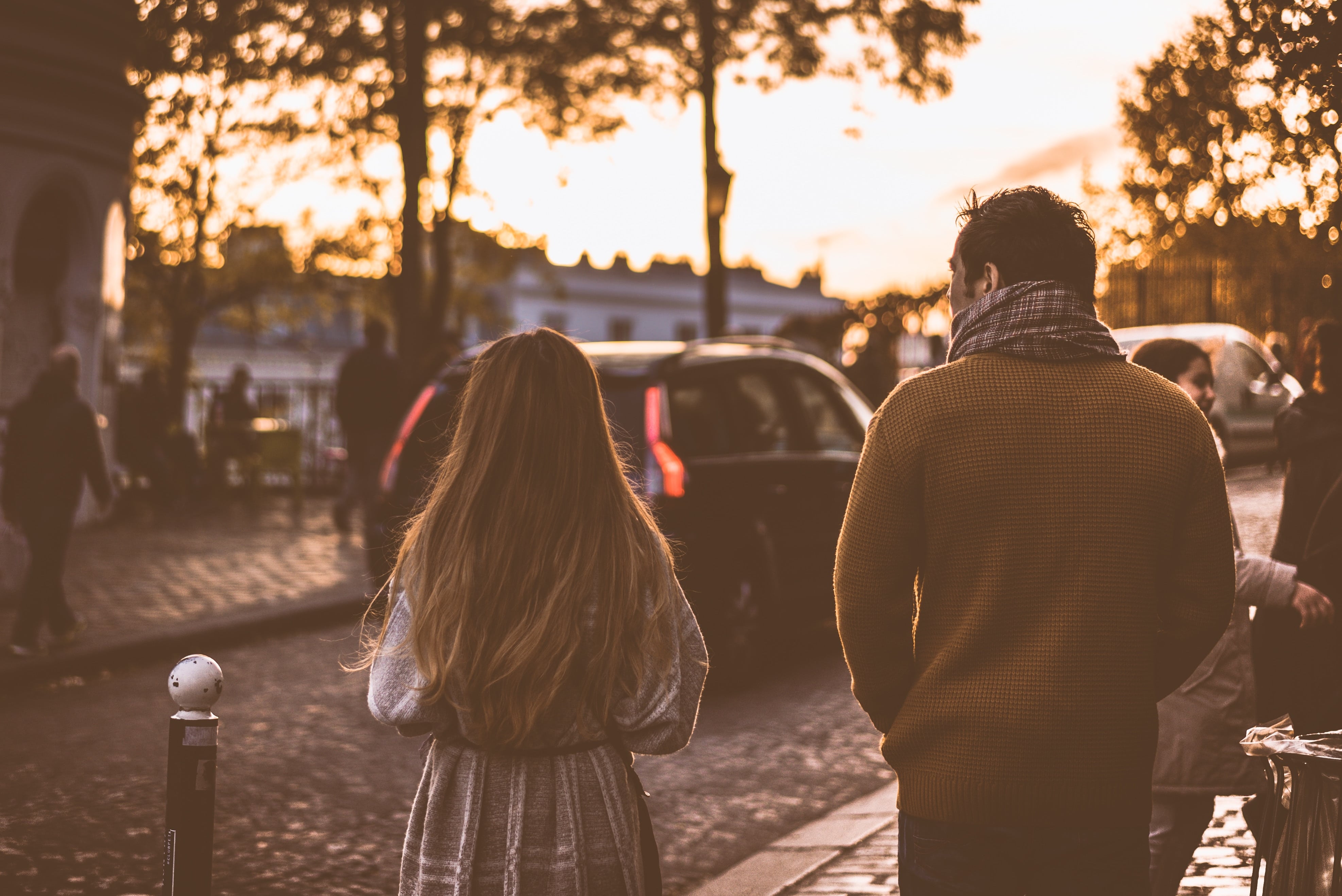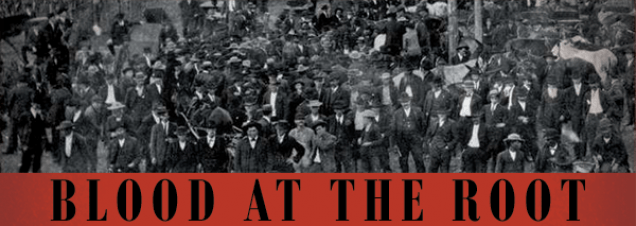
Fifth in a series, explained here.
A common theme among people I’ve talked with is the understanding that parents or teachers meant to protect them for safe and fulfilling intimacy, though the lessons unwittingly barred them from it in one way or another. I’m grateful to all our authors for contributing to a conversation that doesn’t seek to condemn or blame, but to heal and to empower.
TW: brief description of assault
My parents were raised conservative Baptists. From the time I was a small child, my parents made sure I knew that they had only ever had sex with each other. My cousin got married when I was seven, and though I personally saw no reason for the outrage, my mom assured me that their marriage did not erase the fact they were living together beforehand. When I asked why it mattered, she said you could never be too sure that the person you were marrying wasn’t going to change their mind, and it was best to be certain before you got too close.
When I was thirteen or fourteen my dad told me that his high school girlfriend had wanted to have sex with him but he’d been strong enough to deny her, and that nice girls didn’t tempt people they cared about. Shortly thereafter Mom gave me the “boys only want one thing” discussion, where it became my responsibility to circumscribe my behaviors lest I unwittingly cause the downfall of some weak boy. They were my parents. I believed them. I wanted to do what they told me was right. So I became very careful about how and if I touched people, just in case I touched them in the wrong ways or got too close. I still struggle with this.
After high school (during which time I didn’t date) I went to a small college just far enough away that my parents weren’t involved in my day-to-day decisions. I made friends who drank and went to fraternity parties and I felt young for the first time. The parties were fun, and on those evenings, for a short while, I didn’t have to be the person who carried the entire weight of the world on her shoulders.
One evening my sophomore year I was standing in an alley between two of the fraternity houses when a group of young men came up to me. I was wearing something moderately low cut and was a little drunk. They liked the way I looked and wanted to kiss me. I clearly told them no. It didn’t matter. They kissed me and touched me for a while, and I was so afraid. In my mind it was confirmation that everything my parents said was true. While I know it could have been much worse, I remember feeling like I deserved what I got because for one evening I had felt pretty. I told some friends about it the next day. They laughed. I felt so foolish. I waited a decade to mention it to anyone else.
I was 30 years old before I allowed someone else to touch me, and before I allowed myself to touch him. I was 30 years old before someone I wanted kissed me. I was 30 years old before I found someone who made me feel safe, someone who saw me and wanted nothing from me, other than to make me feel good. It was an incredible gift while it lasted.
Now, as a single person trying to figure out the world of online dating, I often feel as if it’s too late—that there was some kind of learning curve that I missed out on. While I know that isn’t strictly true, it’s something I confront every single time I go out with someone new. Will he understand? Will he interpret my inability to touch as disinterest? How do I be me while still giving off the appropriate signals? Do I know someone who will let me practice touching them? Oh god, how would I explain the need to practice? And I still feel like damaged goods. Every. Single. Time.
I know my parents did the best they knew for me, and in many ways my upbringing was wonderful. I’m a functional member of society and I’ve had lots of great opportunities. But I wish they hadn’t pushed (what I now know is) their body stuff off onto me. I wish they’d have let me be me, and, more importantly, I wish they’d have used something more than fear and shame to teach me about sexuality and intimacy.
Sexual violence is pervasive in American life (and throughout the world): half of women and at least one in five men in the U.S. will be victims at some point in their lives. Sadly, sexual violence is also becoming a theme of this series. If you’ve experienced sexual violence, know that you are not alone and that you deserve respect, autonomy, and safety. The people at the National Sexual Assault Hotline (1-800-656-4673) can direct you to those who can help you on your journey.
Today’s questions, in light of this crisis:
How does purity culture diverge from rape culture?
How does it intersect?
What does an emphasis on boundaries communicate about the way the world works?
What qualities (joy, courage, anger, empowerment) or experiences have helped you replace fear or shame in your life?

